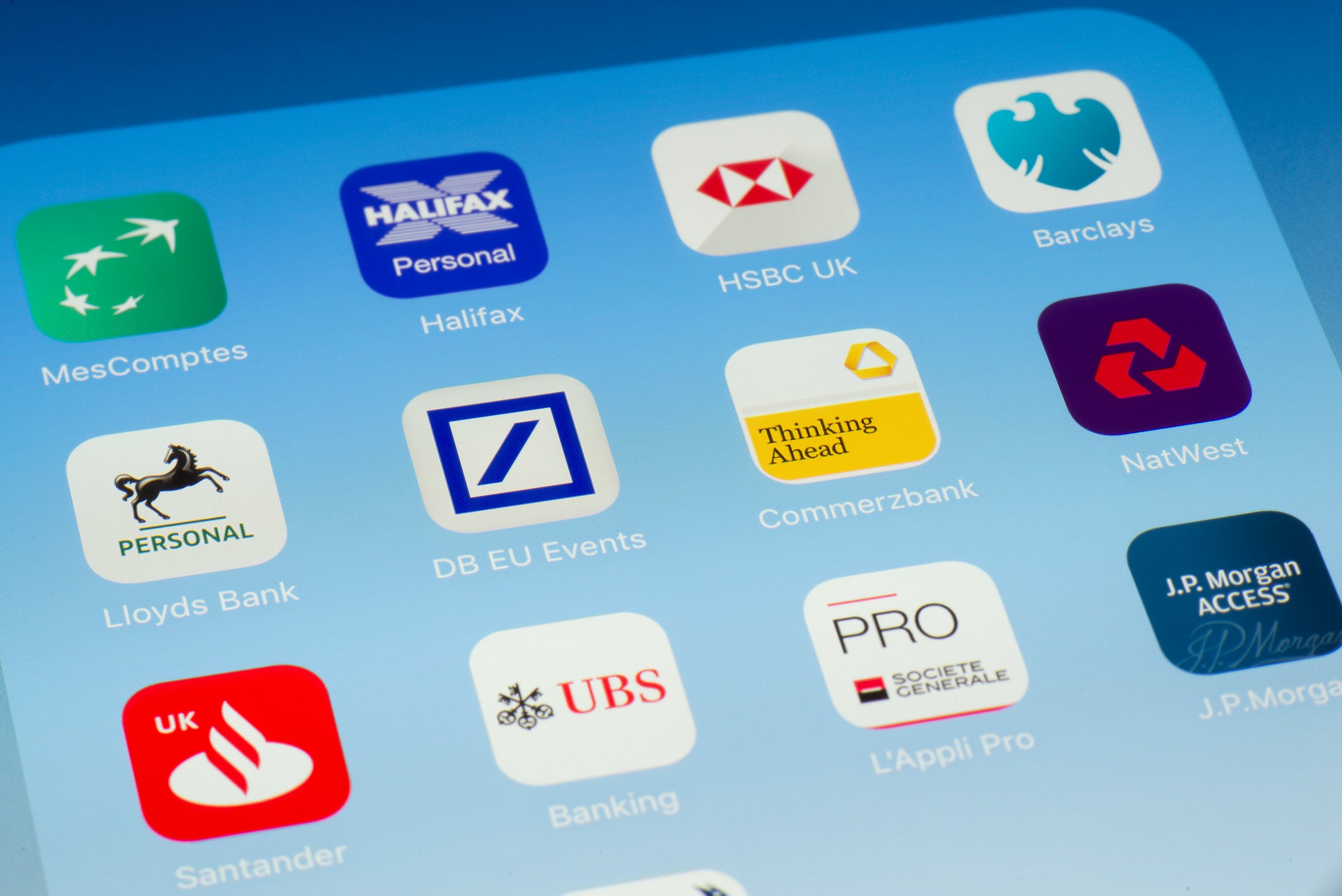Have you heard of LHV Bank, Ziraat Bank, Al Rayan, Sidekick, Streambank or Spring? If you haven’t, you’re not alone.
These companies are among a new wave of financial institutions challenging banks and building societies with a range of best interest rates savings accounts.
“It’s rare to see a high street bank in the best buy tables, although not unheard of,” says Anna Bowes, founder of The Private Office, “Generally, high street banks depend on their brand to attract the cash they need, whilst lesser-known providers need to offer more interest to gain publicity and therefore entice new savers.”
These little-known providers are a mix of foreign banks, subsidiary brands of bigger parent companies, specialist lenders and new fintech firms.
The big question is, can you trust them with your money?
Best buy fixed rate bonds
For savers with £5,000 to stash in a fixed rate bond for one year, the best rate of 4.46% AER is from LHV Bank. This is a subsidiary of LHV Group which is based in Estonia. It specialises in banking services for global fintechs and lending solutions for small/medium businesses.
The top paying two-year fixed rate bond is from FirstSave and pays slightly less at 4.45%. FirstSave accounts are provided by FirstBank UK Limited, the UK savings arm of the First Bank of Nigeria.
Other fixed rate bond providers with overseas roots include JN Bank (Jamaica), Afin Bank (Africa), Bank of Ceylon (Sri Lanka) and UBL (Pakistan).
Is your money safe with an overseas bank?
Savers do not need to worry that their money isn’t safe with these foreign companies, as those listed above have all set up UK-based operations authorised by the Prudential Regulation Authority (PRA) and the Financial Conduct Authority (FCA).
“As long as the providers are fully regulated and authorised and therefore part of the Financial Services Compensation Scheme (FSCS), there’s no reason not to consider taking a well-informed leap of faith and switching your cash,” says Bowes.
Get a free fractional share worth up to £100.
Capital at risk.
Terms and conditions apply.
ADVERTISEMENT
Get a free fractional share worth up to £100.
Capital at risk.
Terms and conditions apply.
ADVERTISEMENT
“Don’t allow the high street banks to take advantage of inertia and nervousness when there are providers out there who are prepared to pay more for your custom.”

You can check on the FSCS website to see if the provider you are considering is part of the FSCS. If you have received an unsolicited email or advert, you can also check the FCA’s Financial Services Register to get a telephone number for the provider, and call them to check the information you have is legitimate.
Under the FSCS scheme, deposits are protected up to £85,000 per provider – though this is soon rising to £120,000.
Islamic-compliant accounts
Several table-topping fixed rate bonds, such as those from Al Rayan Bank, QIB UK, and Kuwait Finance House, are Islamic savings products which comply with Sharia law.
Islamic banks don’t pay interest – which is prohibited under Islamic law – so savers receive a share of the bank’s profits instead.
That’s why Sharia-compliant savings accounts quote an “expected profit rate,” based on the returns the bank anticipates earning from its ethical, interest-free investments.
Because these returns aren’t guaranteed, there is a small element of risk: if the bank’s investments perform poorly, the payout could be lower than expected. However, so far there have been no reported cases of UK Islamic banks failing to meet the profit rates advertised.
Specialist and ‘challenger’ savings providers
Some savings providers can afford to offer above-average interest rates because they operate in more specialist areas of finance than typical high street banks.
Take Streambank, for example. It pays 4.45% on its 90-day notice account and focuses on bridging loans and development finance. These kinds of products carry higher interest rates than standard mortgages, giving the bank the extra margin it needs to pass on more generous returns to savers.
A handful of other savings brands are offshoots of existing banks. Spring is part of Paragon Bank, Cahoot is owned by Santander, and Snoop is owned by Vanquis Banking Group.

There are also several fintech firms exploring innovative ways to offer higher rates. For example, wealth management app Sidekick pays 4.48% AER (including a six-month bonus) on its Multi-Shield Savings easy access account. Deposits are managed across three partner banks via a single account with a “blended” interest rate. This set-up means Sidekick can offer up to triple the usual FSCS protection limit (£255,000).
How to choose a savings account
If you’ve never heard of a savings provider before, do a few quick checks before handing over your money. Start by confirming the bank or building society is authorised by the FCA and protected by FSCS.
Andrew Hagger at MoneyComms says: “Just because you’ve not heard of a savings provider it’s not a reason to give it a wide berth. Take a quick look at its website and check out the ‘about us’ section for a start, this will give you an idea about the banks origins, it’s size and how long it’s been operating.
“It’s also worth looking at customer feedback such as Trust Pilot scores and reviews to get a feeling for how satisfied existing customers are with the service offered.”
When investing, your capital is at risk and you may get back less than invested. Past performance doesn’t guarantee future results.

